Your Guide to UPSC Exams: Types and Why They Matter
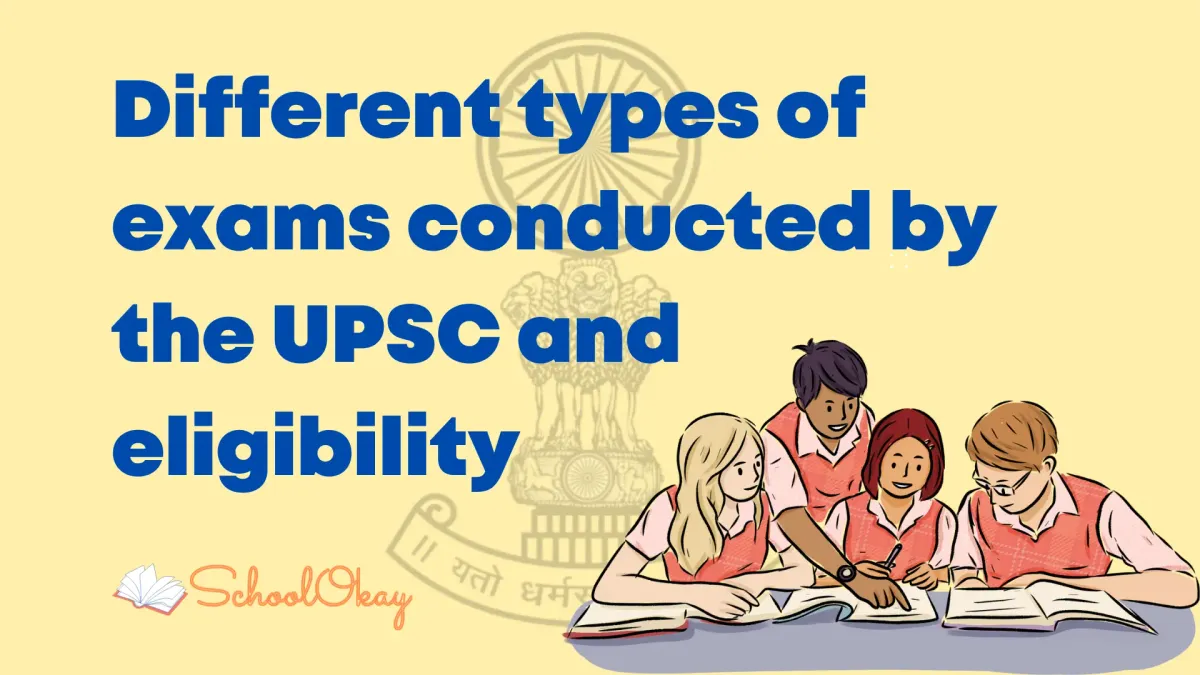
The Union Public Service Commission (UPSC), established in 1926, is India’s go-to authority for recruiting top-tier talent into government roles. Known for its rigorous and transparent exams, UPSC opens doors to prestigious careers in civil services and beyond. Let’s break down the types of exams UPSC conducts, their structure, and why they’re a big deal for anyone aiming to serve the nation.
Why UPSC Exams Are a Game-Changer
Clearing a UPSC exam isn’t just about landing a job—it’s about stepping into roles that shape India’s policies, governance, and development. From crafting laws to implementing public programs, UPSC-selected officers are at the heart of nation-building. These exams are tough but rewarding, offering a chance to make a real impact.
How UPSC Exams Work
UPSC’s selection process is a three-stage journey:
- Preliminary Exam (Prelims): A screening test with two objective papers—General Studies and Civil Services Aptitude Test (CSAT). It’s your ticket to the next round.
- Main Exam (Mains): A deep dive with nine subjective papers testing your knowledge on subjects like history, geography, and economics.
- Personality Test (Interview): The final hurdle, where a panel evaluates your communication skills, leadership qualities, and fit for administrative roles.
What’s on the Syllabus?
The UPSC syllabus is vast, covering history, geography, politics, economics, science, tech, and current affairs. To tackle it, create a solid study plan, use textbooks, online resources, or coaching, and practice with past papers. Regular revision and note-taking are key to staying on top of it all.
The Role of Exams in Selection
UPSC exams aren’t just tests—they’re a full evaluation of your intellect, problem-solving, decision-making, and communication skills. They ensure only the most capable candidates make it to roles that demand sharp minds and strong character.
Types of UPSC Exams
UPSC conducts a range of exams, each tailored to specific government roles. Here’s a rundown:
1. Civil Services Examination (CSE)
The crown jewel of UPSC exams, CSE is your gateway to elite services like the Indian Administrative Service (IAS), Indian Foreign Service (IFS), and Indian Police Service (IPS). It’s a three-part process: Prelims, Mains, and Interview.
- Prelims: Two objective papers (General Studies I and CSAT) to screen candidates.
- Mains: Nine subjective papers testing in-depth knowledge across diverse subjects.
- Interview: A personality test assessing leadership, communication, and decision-making.
- Eligibility: Indian national, 21–32 years old, bachelor’s degree. Age relaxations apply for reserved categories.
2. Engineering Services Examination (ESE)
ESE recruits engineers for roles in departments like Indian Railways and Central Engineering Service.
- Eligibility: Indian national, 21–30 years, engineering degree. Age relaxations apply.
3. Combined Defence Services Examination (CDSE)
CDSE is for those dreaming of a career in the Indian Army, Navy, or Air Force as officers.
- Eligibility: Indian national, 19–25 years (varies by academy), bachelor’s degree.
4. National Defence Academy Examination (NDA)
NDA selects young candidates for training at the National Defence Academy, leading to careers in the Army, Navy, or Air Force.
- Eligibility: Indian citizen, 16.5–19.5 years, 10+2 qualification.
5. Indian Forest Service Examination (IFoS)
IFoS recruits for roles in environmental and forest management.
- Eligibility: Indian citizen, 21–32 years, bachelor’s degree in subjects like Botany, Zoology, or Physics. Age relaxations apply.
6. Combined Medical Services Examination (CMS)
CMS fills medical positions in departments like Indian Railways and Central Health Services.
- Eligibility: Indian citizen (or specific refugees), up to 32 years, passed final MBBS exams. Age relaxations apply.
7. Combined Geo-Scientist Examination
This exam recruits for geological and scientific roles in government.
- Eligibility: Indian national, age varies by service, master’s degree in relevant field.
8. Indian Economic Service/Indian Statistical Service Examination
These exams select candidates for economic and statistical roles.
- Eligibility: Indian national, 21–30 years, postgraduate degree in Economics or Statistics-related fields. Age relaxations apply.
Preparing for Success
To crack UPSC exams, understand the exam pattern and syllabus for your chosen test. Tailor your prep to its specific requirements, practice consistently, and stay updated on current affairs. Resources like coaching institutes, online platforms, and self-development books can boost your efforts.
Wrapping Up
UPSC exams are more than a challenge—they’re a pathway to serving India in meaningful ways. Whether you’re aiming for IAS, IFS, or a role in defence or engineering, each exam tests your skills and commitment. Dive into the process, prepare smart, and you could be shaping the nation’s future.
For more insights, check out:
- Nature and functioning of UPSC exams
- Tips to prepare for UPSC
- Top self-development books for life-changing advice.
Subscribe to stay updated and share this guide with fellow aspirants!
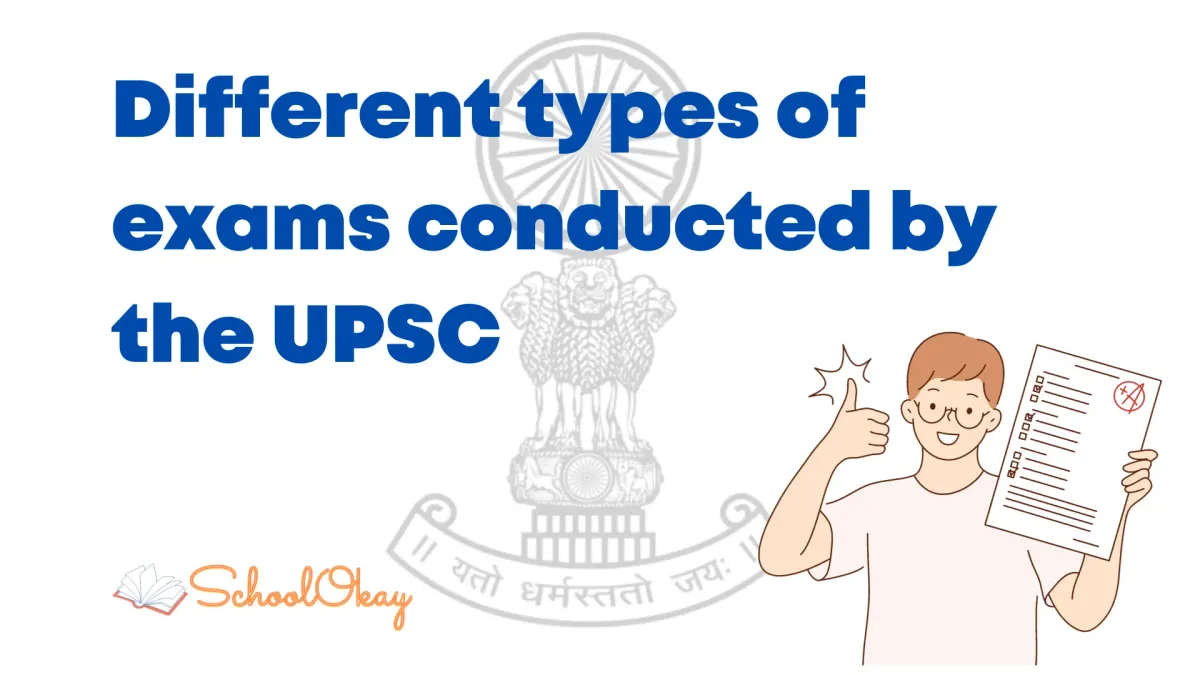
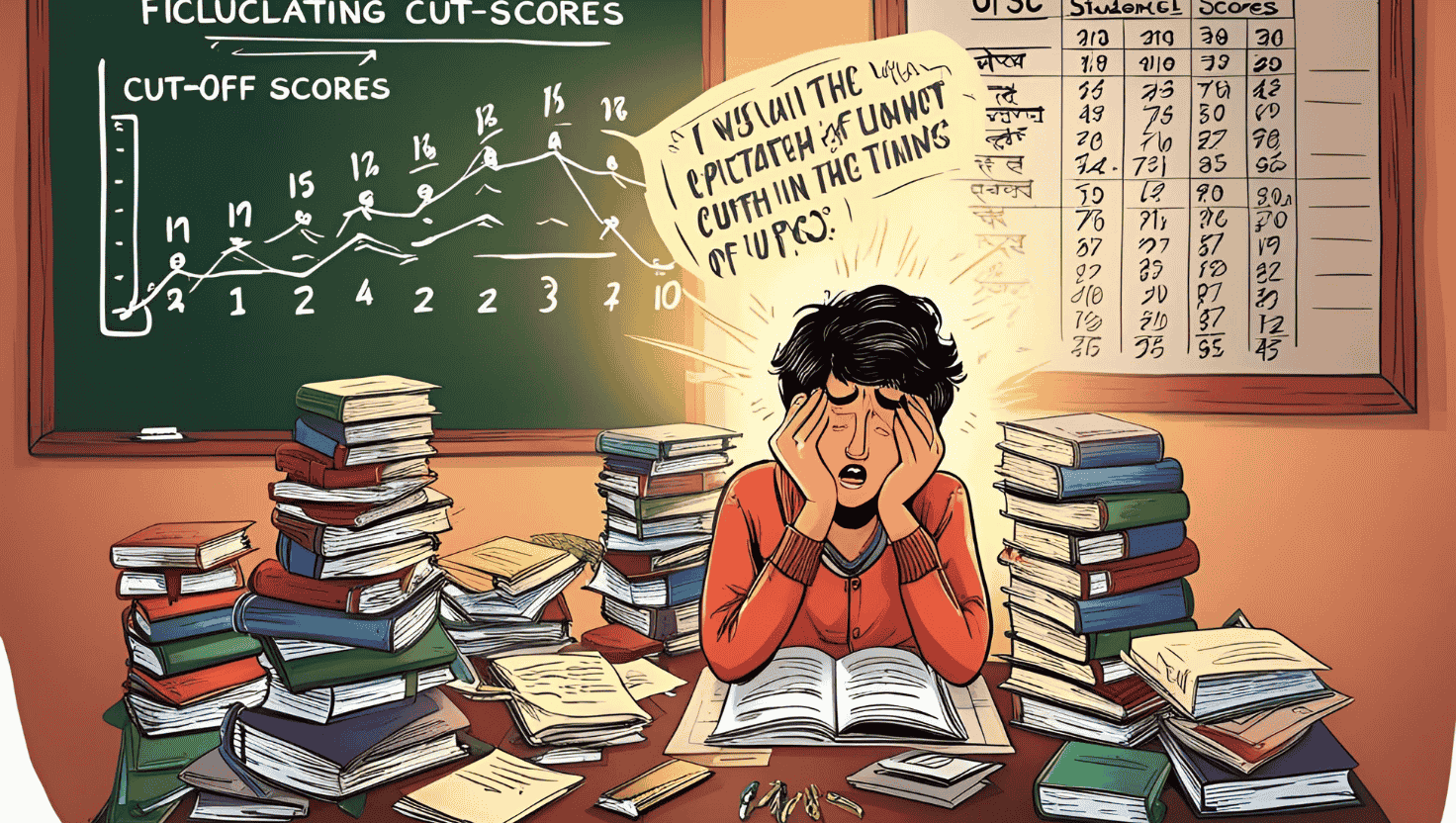
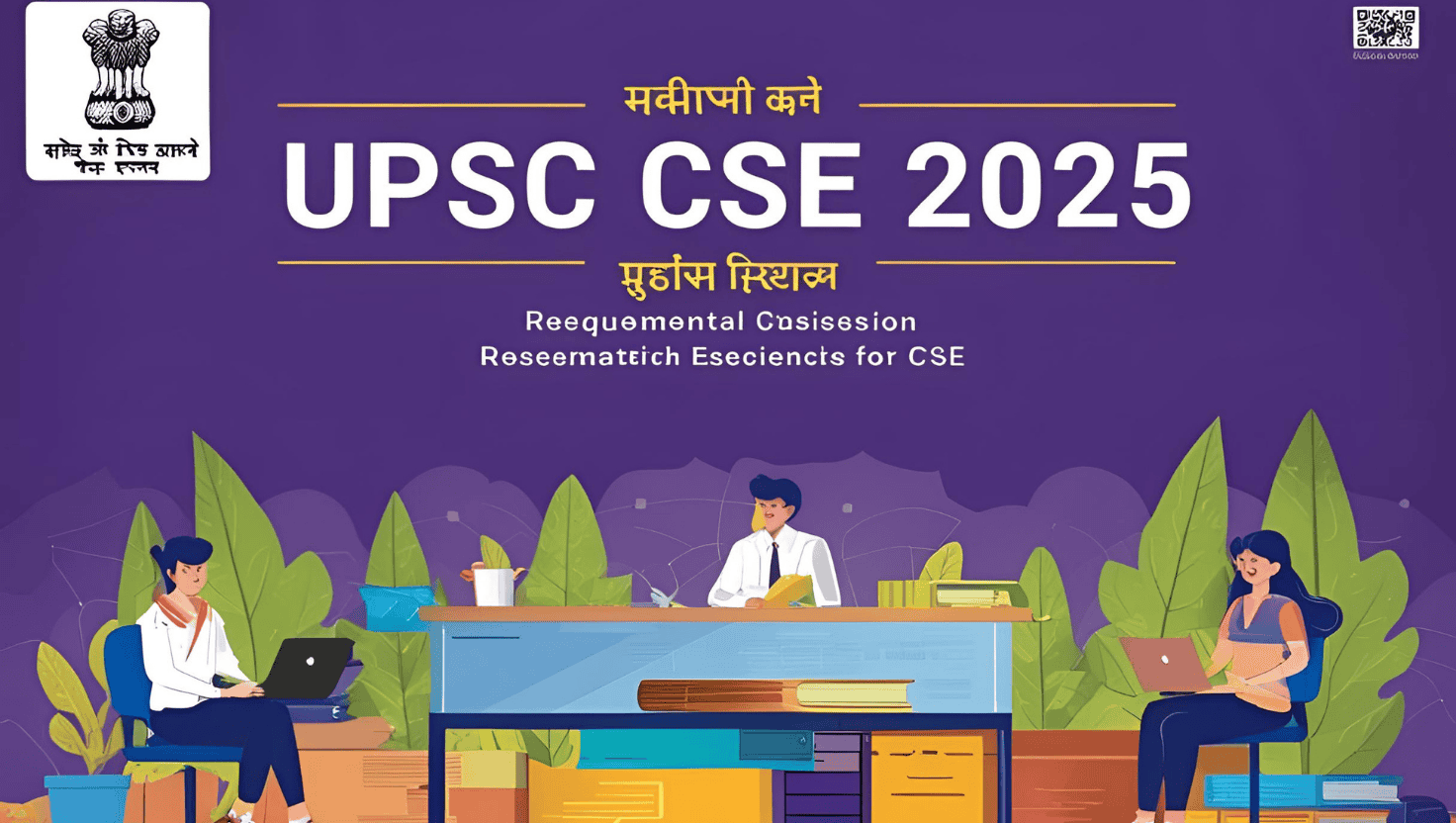
Share and subscribe.





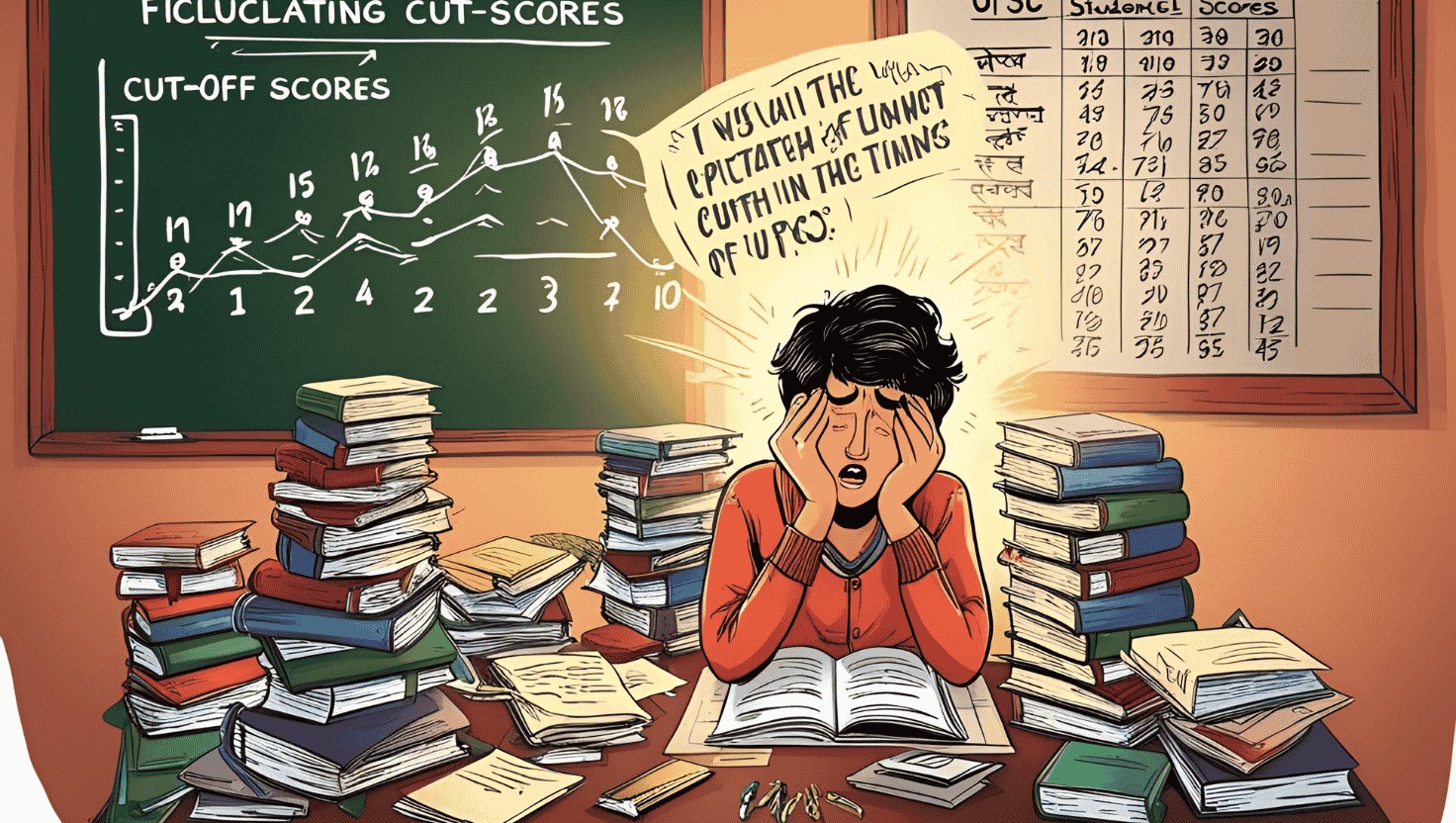
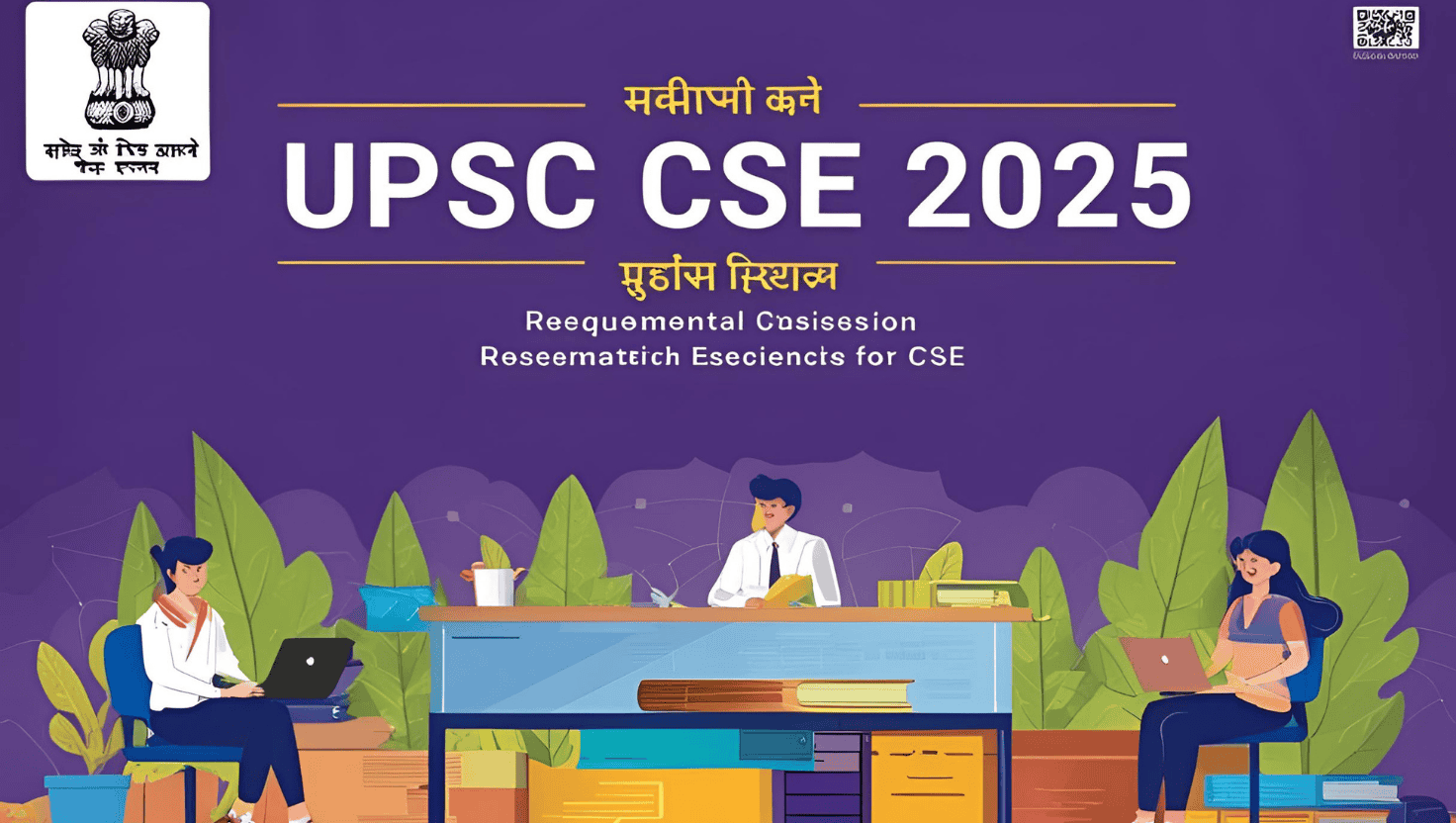
Comments ()